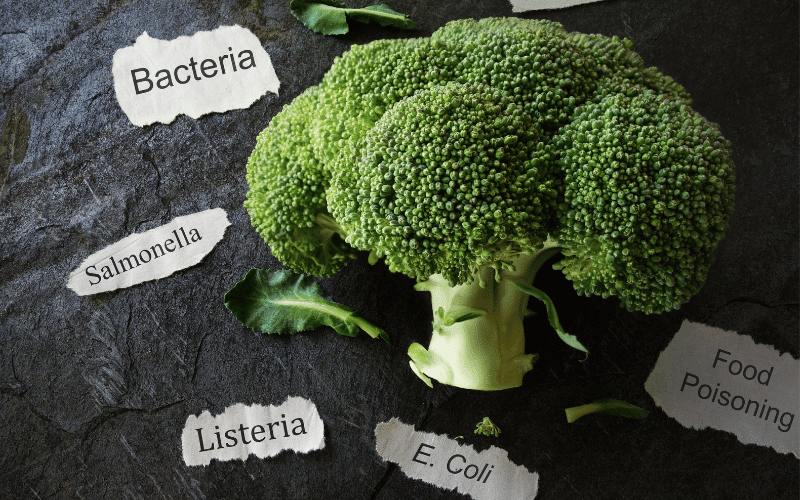Frequently Asked Questions About Food Poisoning

How long does it take for food poisoning symptoms to appear?
The onset of food poisoning symptoms can vary depending on the specific pathogen involved. Some symptoms may appear within hours of consuming contaminated food, while others may take days or even weeks to manifest. In general, symptoms usually appear within 24-48 hours after ingestion.
How long does food poisoning last?
Most cases of food poisoning resolve within a few days, but some instances may last longer, depending on the severity of the infection and the pathogen involved. It’s essential to monitor symptoms closely and consult with a healthcare professional if they worsen or fail to improve within a few days.
What should I do if I suspect food poisoning?
If you suspect food poisoning, it’s essential to prioritize hydration by consuming clear fluids, such as water, electrolyte replacement drinks, or diluted fruit juices. Rest and monitor your symptoms closely. If symptoms worsen or don’t improve within a few days, consult with a healthcare professional for further guidance.
When should I seek medical attention for food poisoning?
It’s crucial to seek medical attention if you experience severe symptoms such as high fever, bloody stools, persistent vomiting, severe dehydration, or if your symptoms worsen or fail to improve within a few days. These may indicate a more severe infection or complications that require prompt medical intervention.
How can I prevent food poisoning?
To prevent food poisoning, practice proper food safety measures such as washing your hands thoroughly before handling food, cooking meat to the recommended internal temperature, washing fruits and vegetables, and storing perishable foods at the appropriate temperature. Additionally, avoid consuming raw or undercooked meats, poultry, seafood, and eggs, as well as unpasteurized dairy products.
Can food poisoning be contagious?
Some types of food poisoning, particularly those caused by viruses such as norovirus, can be contagious. It’s essential to practice good personal hygiene, such as washing your hands frequently, avoiding sharing utensils or cups, and staying home if you’re experiencing symptoms, to prevent the spread of illness to others.
Conclusion: Being Prepared for Food Poisoning
In this article, we’ve explored the top 10 symptoms of food poisoning and discussed their causes, treatments, and potential complications. By familiarizing yourself with these symptoms, you can take appropriate action if you or a loved one experiences foodborne illness. Ensuring proper hydration, rest, and medical care when necessary can help prevent complications and promote a speedy recovery.